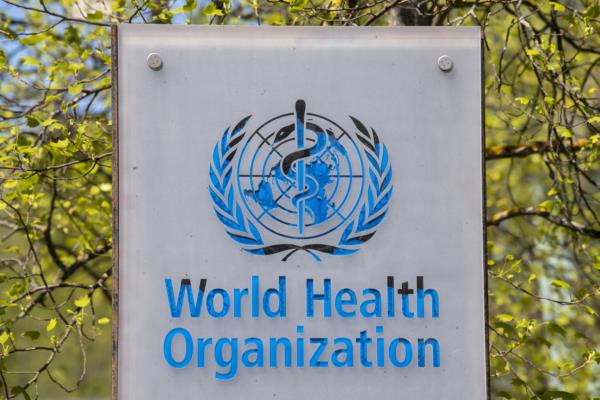
The World Health Organization has officially declared the ongoing mpox outbreaks in Congo and other African countries a global emergency. The situation has escalated with confirmed cases among both children and adults in over a dozen nations, and a new strain of the virus is spreading rapidly. Unfortunately, there is a severe shortage of vaccine doses available on the continent.
The Africa Centers for Disease Control and Prevention recently announced that the mpox outbreaks have reached a critical level, resulting in more than 500 deaths. The organization has called for urgent international assistance to contain the spread of the virus.
According to the Africa CDC, mpox, also known as monkeypox, has been detected in 13 countries this year, with over 96% of cases and fatalities reported in Congo. The number of cases has surged by 160%, and deaths have increased by 19% compared to the same period last year. To date, there have been over 14,000 cases and 524 fatalities.
Experts are particularly concerned about the high number of cases among children under 15 in Congo, who account for 70% of all cases. The situation is exacerbated by the spread of mpox in refugee camps in the conflict-ridden eastern region of the country.
The emergence of a new, more lethal form of mpox has raised alarm among health officials. This variant has a higher mortality rate of about 3-4% and has been identified in several East African countries linked to the outbreak in Congo.
Despite previous global outbreaks of mpox, the availability of vaccines and treatments in Africa remains limited. Efforts are underway to secure millions of vaccine doses to combat the current crisis, with the United States and Japan offering support to Congo.
While the WHO's emergency declaration aims to mobilize international aid, past responses to similar crises have been mixed. Experts emphasize the need for swift and decisive action to prevent further escalation of the mpox outbreaks in Africa.







